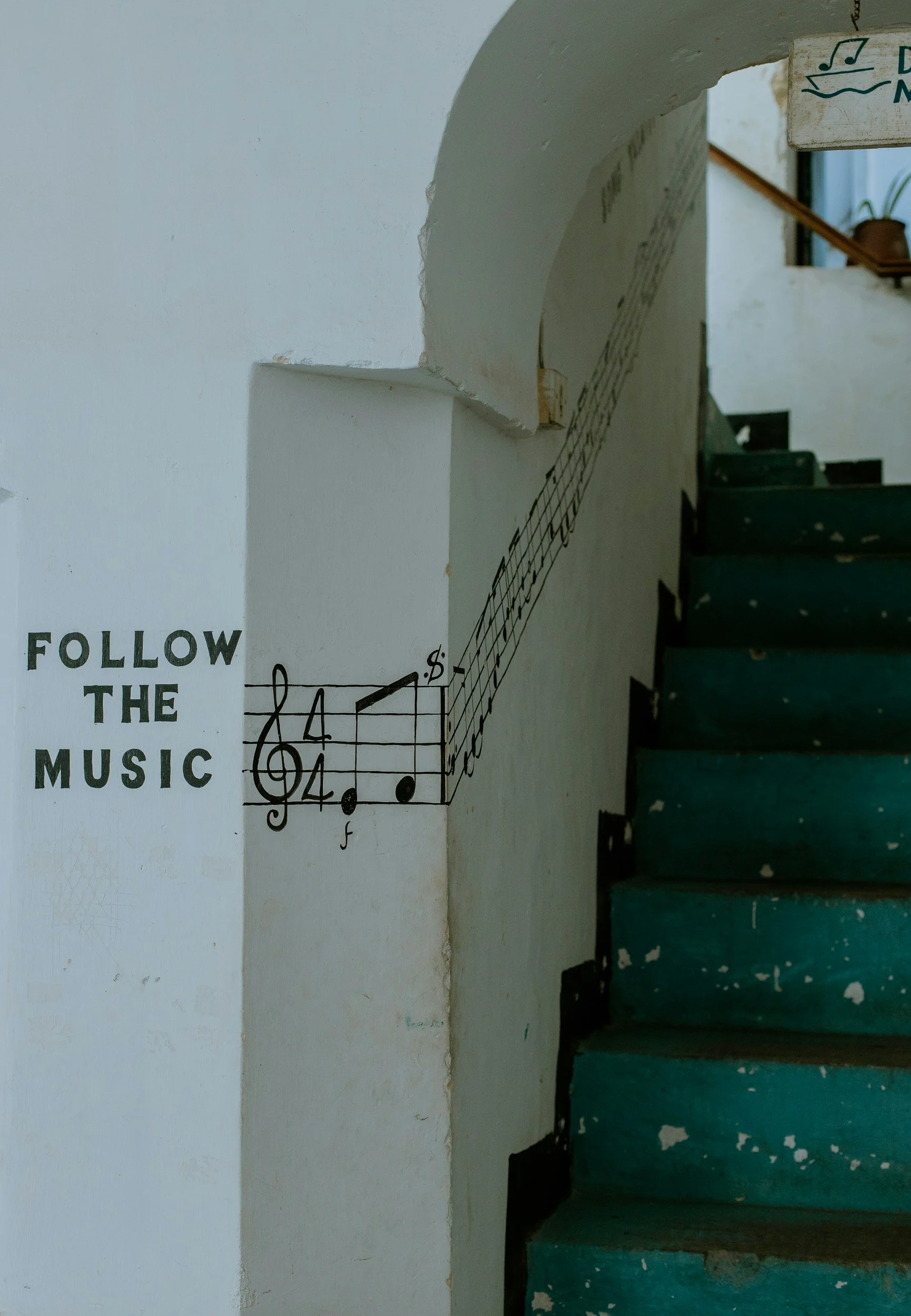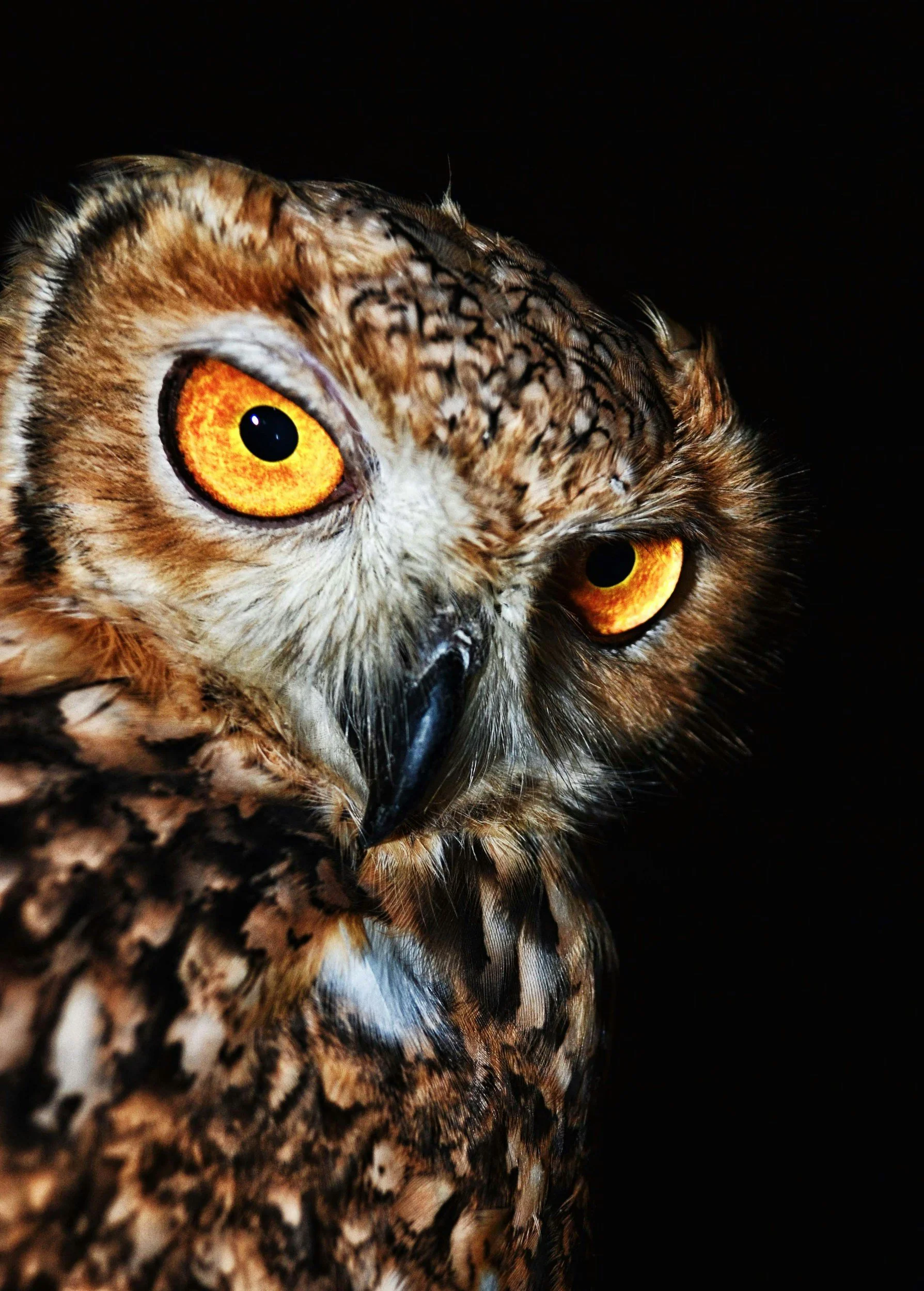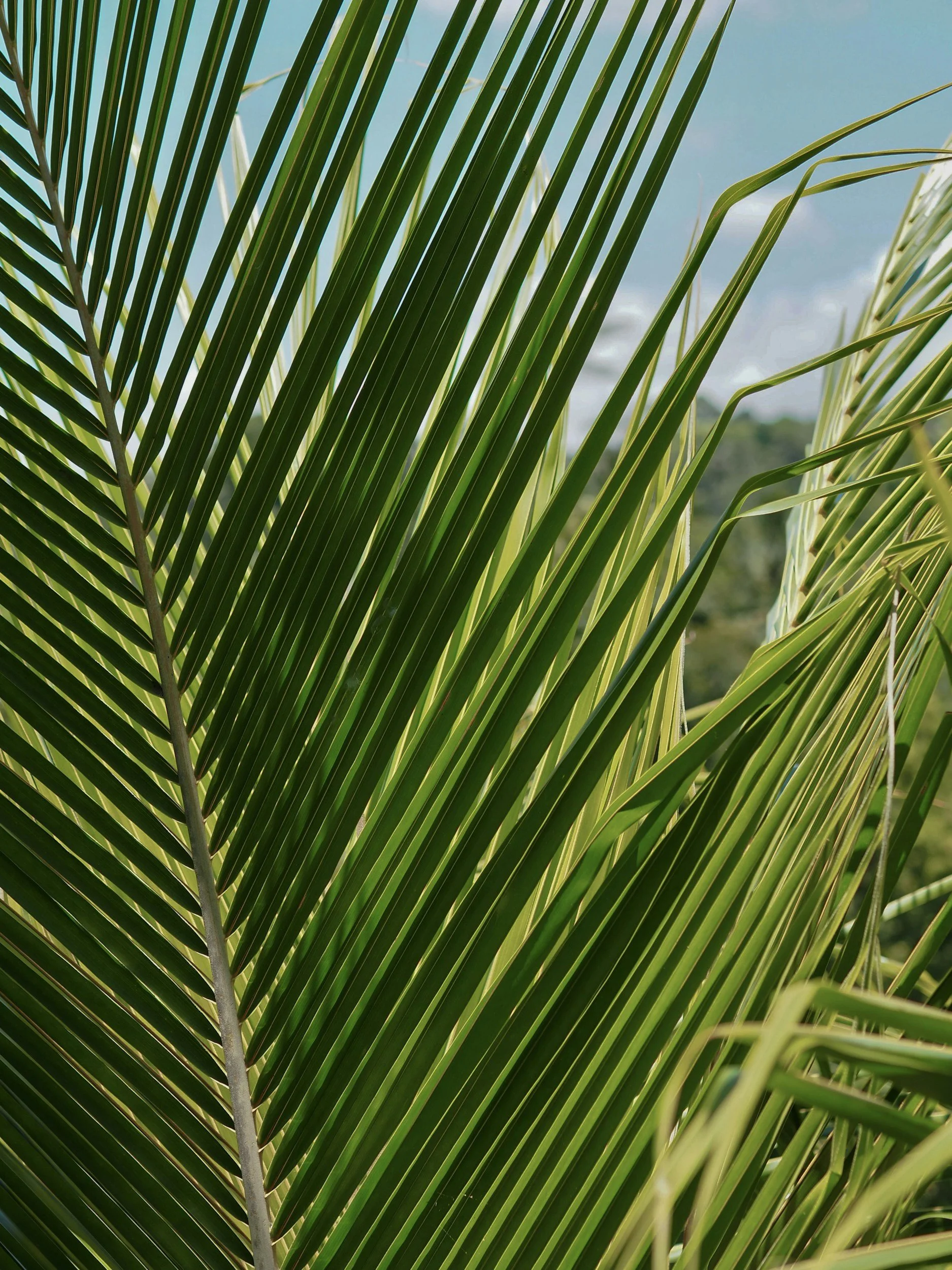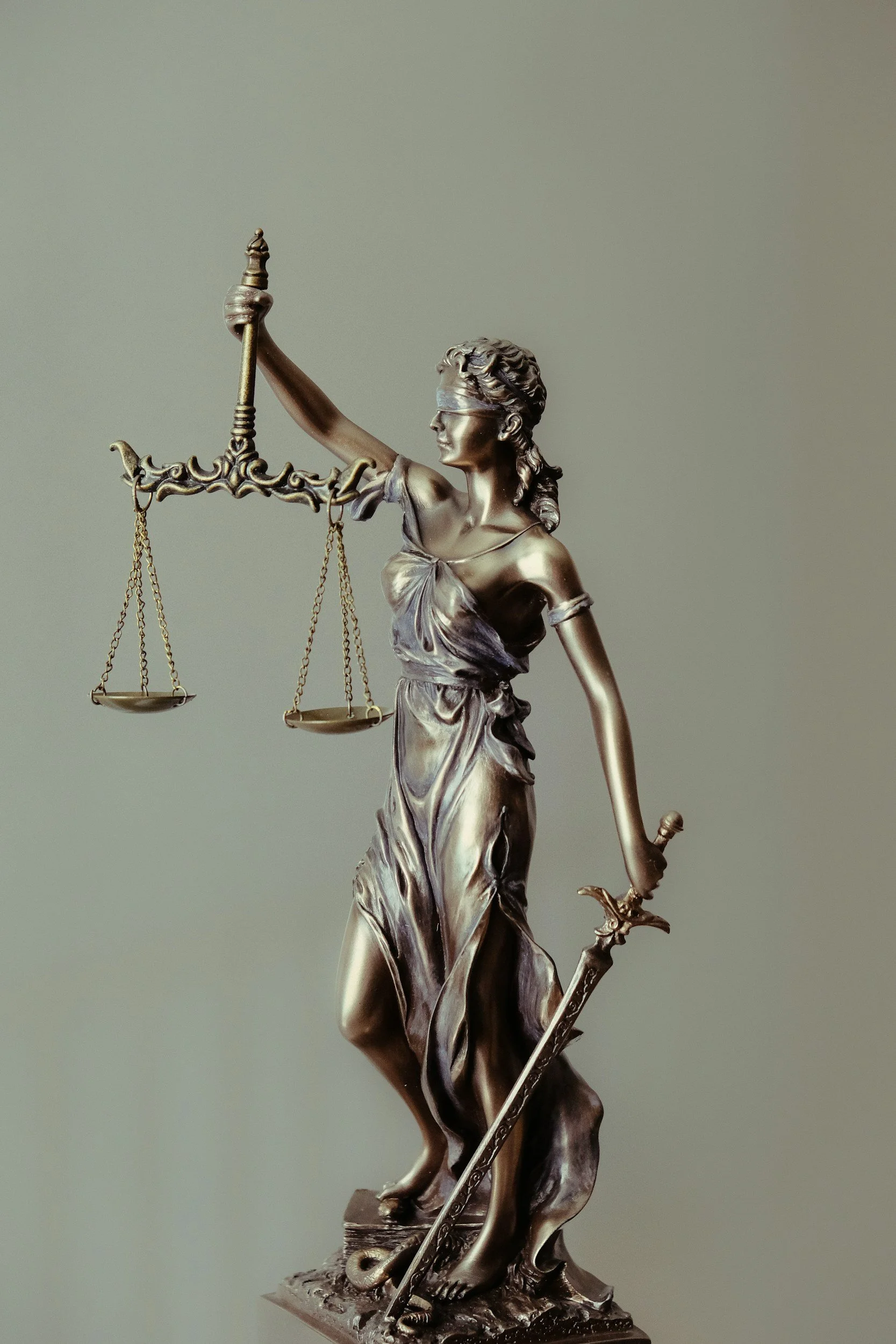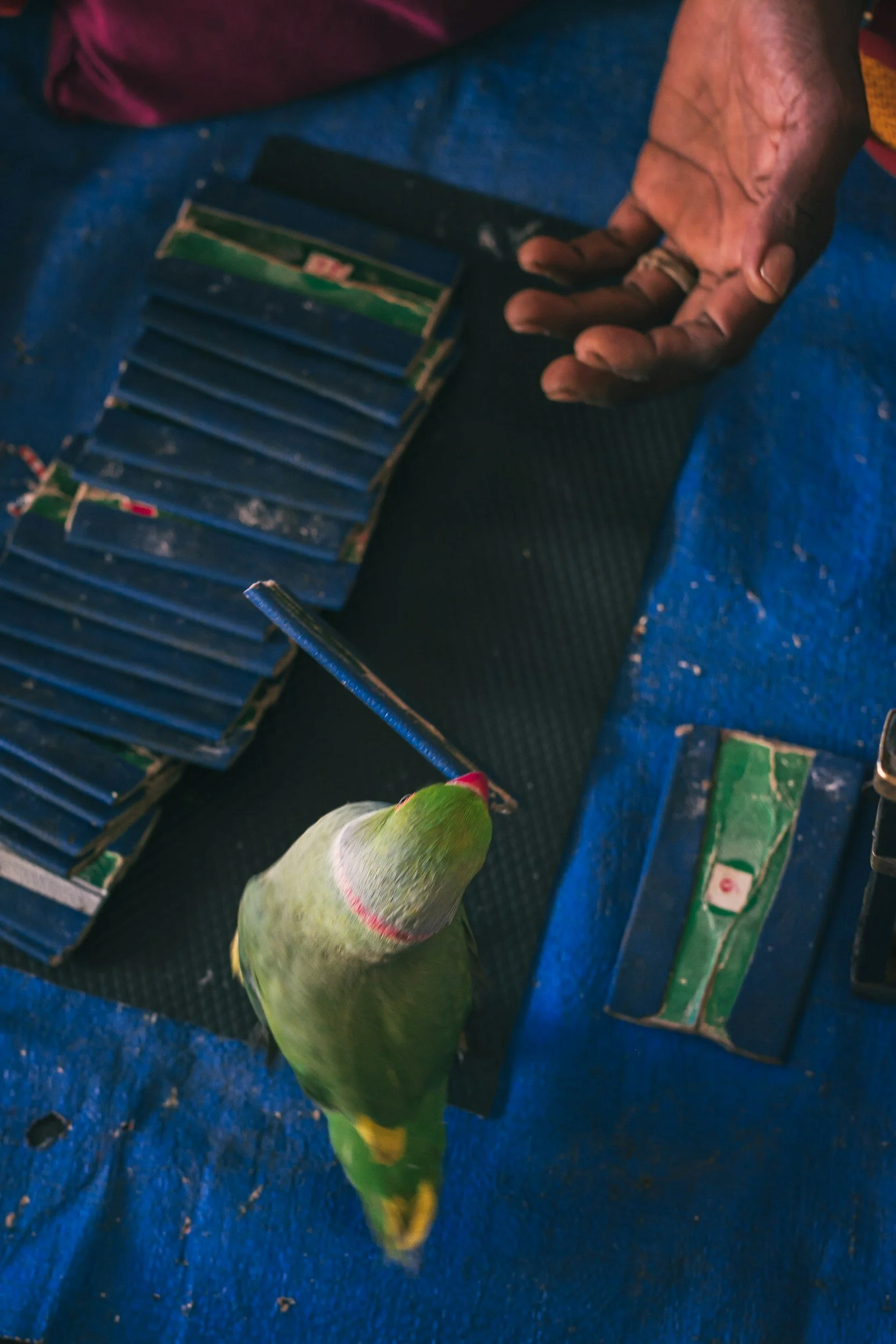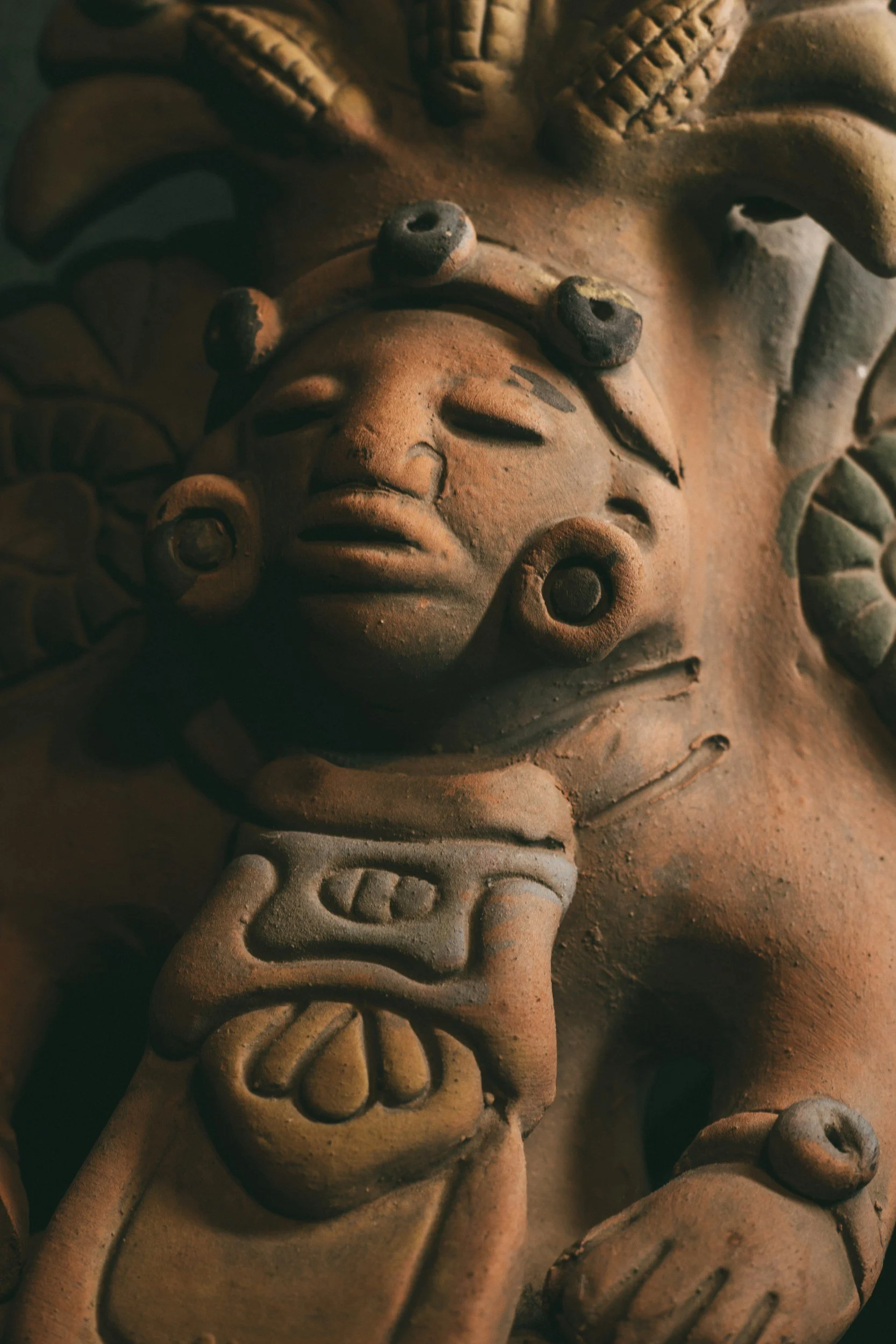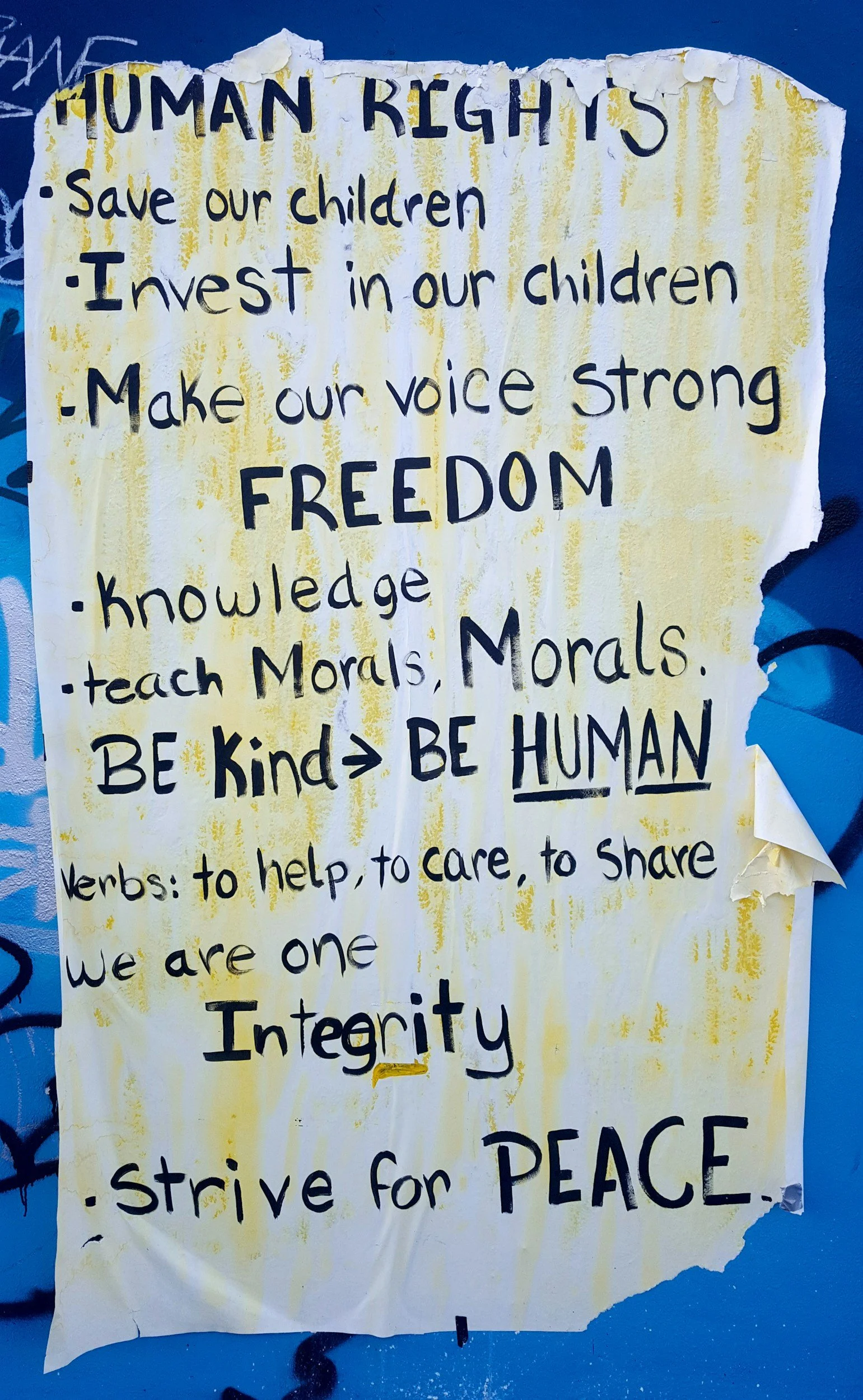Impact of Christianity on Traditional Igbo Beliefs
The arrival of Christianity in Igbo society has had immense impact on traditional Igbo beliefs (Odinani). This religious shift has resulted in significant changes to the spiritual, cultural, and social fabric of Igbo communities. While Christianity brought new religious ideas and practices, it also led to resistance, transformation, and sometimes conflict within the context of Odinani.
Resistance to Christianization Among Igbo Communities
The introduction of Christianity to Igbo land in the late 19th and early 20th centuries was met with considerable resistance. Odinani, the indigenous knowledge system of Igbo people, is deeply rooted in the cultural and spiritual life of the community. It encompasses a broad spectrum of beliefs, practices, and cosmic forces that are intricately linked to the Igbo worldview.
Cultural Pride and Identity: Many Igbo people resisted Christianity to preserve their cultural heritage and identity. Odinani is not just a religion but a way of life for Igbos, it is intertwined with every aspect of existence from birth to death. The adoption of Christianity was seen by some as a threat to their identity and traditions.
Community Cohesion: The communal nature of Igbo society meant that any significant change in religious practice had wide-reaching implications. Elders, women groups and traditional leaders usually led the resistance to maintain social cohesion and continuity of traditional practices.
Spiritual Authority: Traditional priests, diviners (Dibias), and other custodians of Odinani held significant spiritual authority within their communities. The rise of Christianity challenged their roles and authority, which led to resistance as they sought to defend their spiritual legitimacy.
Contemporary Interactions Between Christianity and Odinani in Igbo Society
In contemporary Igbo society, Christianity and Odinani seem to coexist, although not without tension. The interaction between the two belief systems has led to a unique blend of practices and beliefs.
Syncretism: Many Igbo people practice a form of religious syncretism, combining elements of Christianity and Odinani. This is evident in the way some Christian priests and rituals still incorporate traditional symbols and practices, and vice versa.
Cultural Festivals: Despite the dominance of Christianity, many Igbo festivals and rituals that have roots in Odinani continue to be celebrated. Events like the New Yam Festival (Iri Ji) and traditional marriage rites are occasions where the two belief systems intersect.
Spiritual Healing: Some Christians still seek the help of traditional healers (Dibias) for spiritual and physical ailments, showing an enduring belief in the efficacy of traditional spiritual practices.
Negative Consequences of Christianity on Igbo Consciousness
While some claim that Christianity has brought certain positive changes, such as education and healthcare, it has also had negative consequences on Igbo consciousness and traditional beliefs.
Erosion of Traditional Practices: The spread of Christianity led to the denigration and suppression of many traditional practices and beliefs. Sacred groves were destroyed, and traditional rituals were labeled as pagan or heathen, causing a loss of cultural heritage.
Identity Crisis: The imposition of Christian beliefs has sometimes led to an identity crisis among the Igbo people. The pressure to conform to Christian norms has created a disconnect between individuals and their cultural roots.
Conflict and Division: The introduction of Christianity has also caused conflict and division within families and communities. Differing religious beliefs have sometimes led to social fragmentation and strife.
The Path Forward
Despite the challenges, there is a growing movement among Igbo people to reclaim and celebrate their traditional beliefs and practices. On one hand this resurgence aims to create a harmonious coexistence between Christianity and Odinani, recognizing the value and significance of both. While on another hand it aims to completely annihilate Christian influence overtime within this century.
Cultural Revival: Efforts to revive and document traditional practices are underway. Cultural organizations and scholars are working to ensure that the rich heritage of Odinani is preserved for future generations.
Interfaith Dialogue: Some believe that promoting dialogue between Christian and traditional leaders can help foster mutual respect and understanding. This approach can mitigate conflict and promote a more inclusive spiritual environment.
Indigenous Education and Awareness: Raising awareness about the historical and cultural significance of Odinani can help counter the negative stereotypes and misconceptions that have arisen due to Christianization. Indigenous education can play a key role in restoring pride in Igbo heritage.
In conclusion, the impact of Christianity on traditional Odinani beliefs is complex and multifaceted. While it has led to significant changes and challenges, there is also a resilient effort to preserve and integrate traditional practices within the modern spiritual landscape. By fostering mutual respect and understanding, Igbo people can navigate their religious and cultural identities in a way that honors the rich heritage while improving or developing future outcomes.
What are your thoughts on the impact of Christianity on Odinani? Leave a comment below or share your thoughts with us on social media by tagging us or sharing this post. Yagazie!
